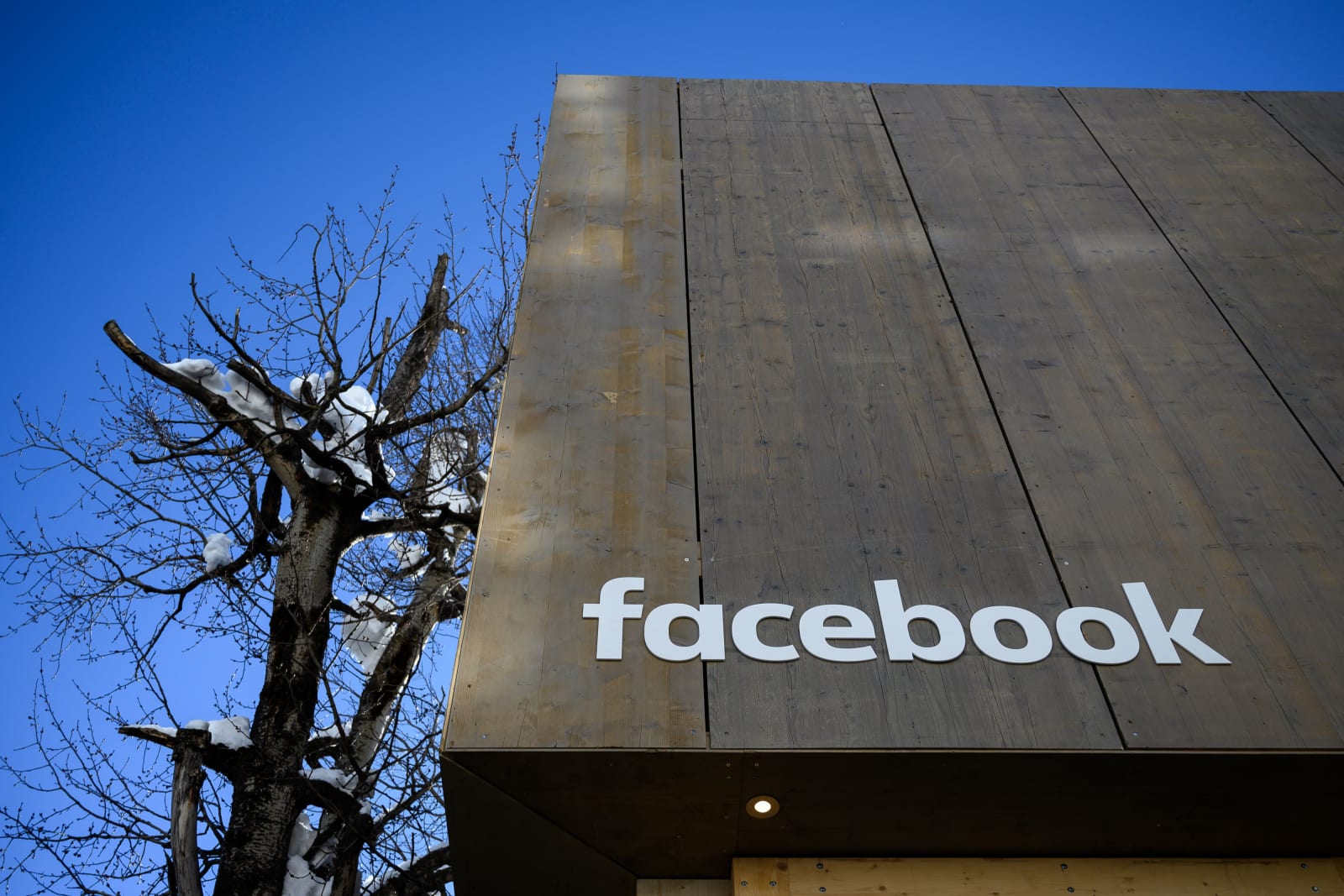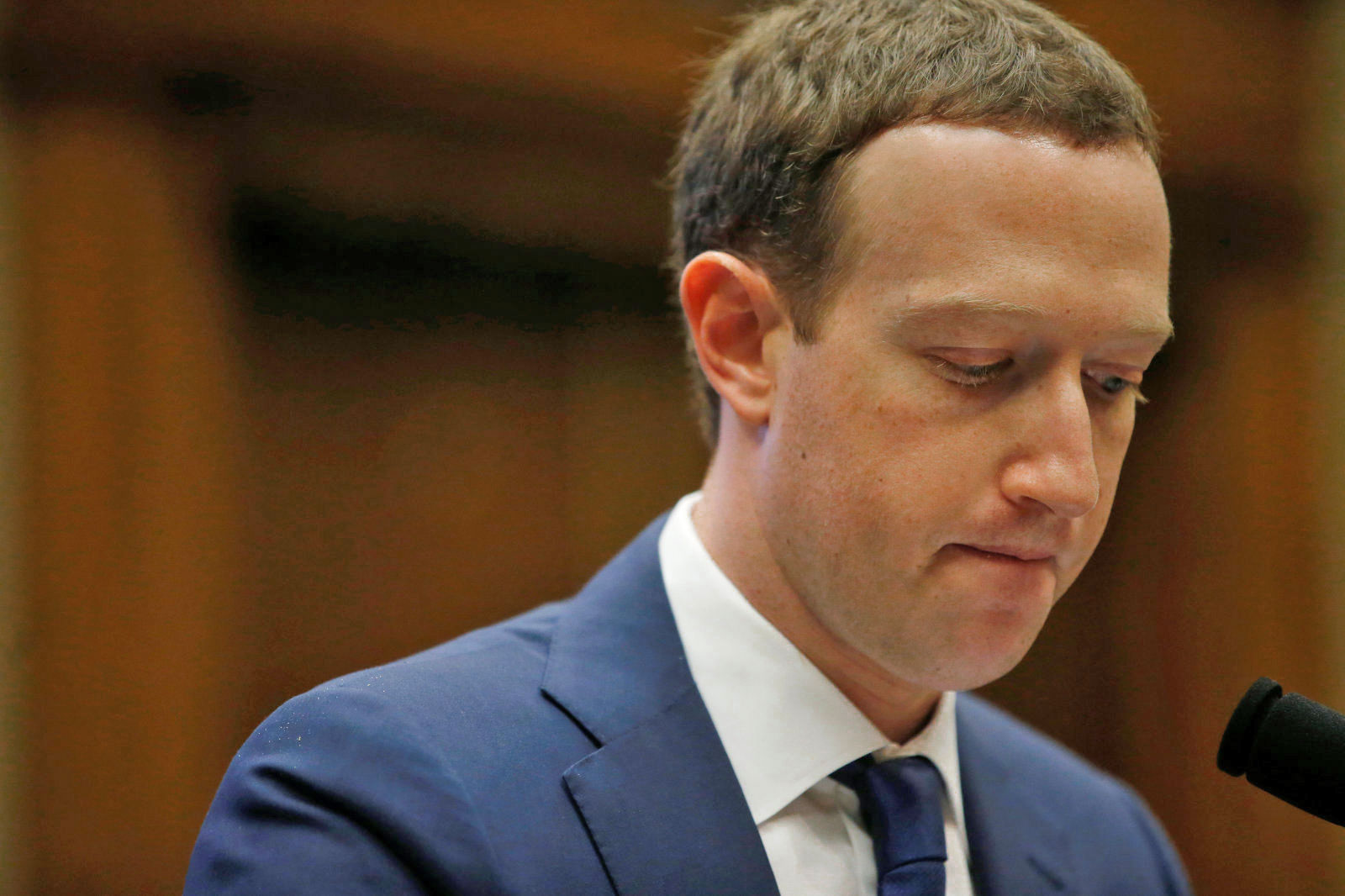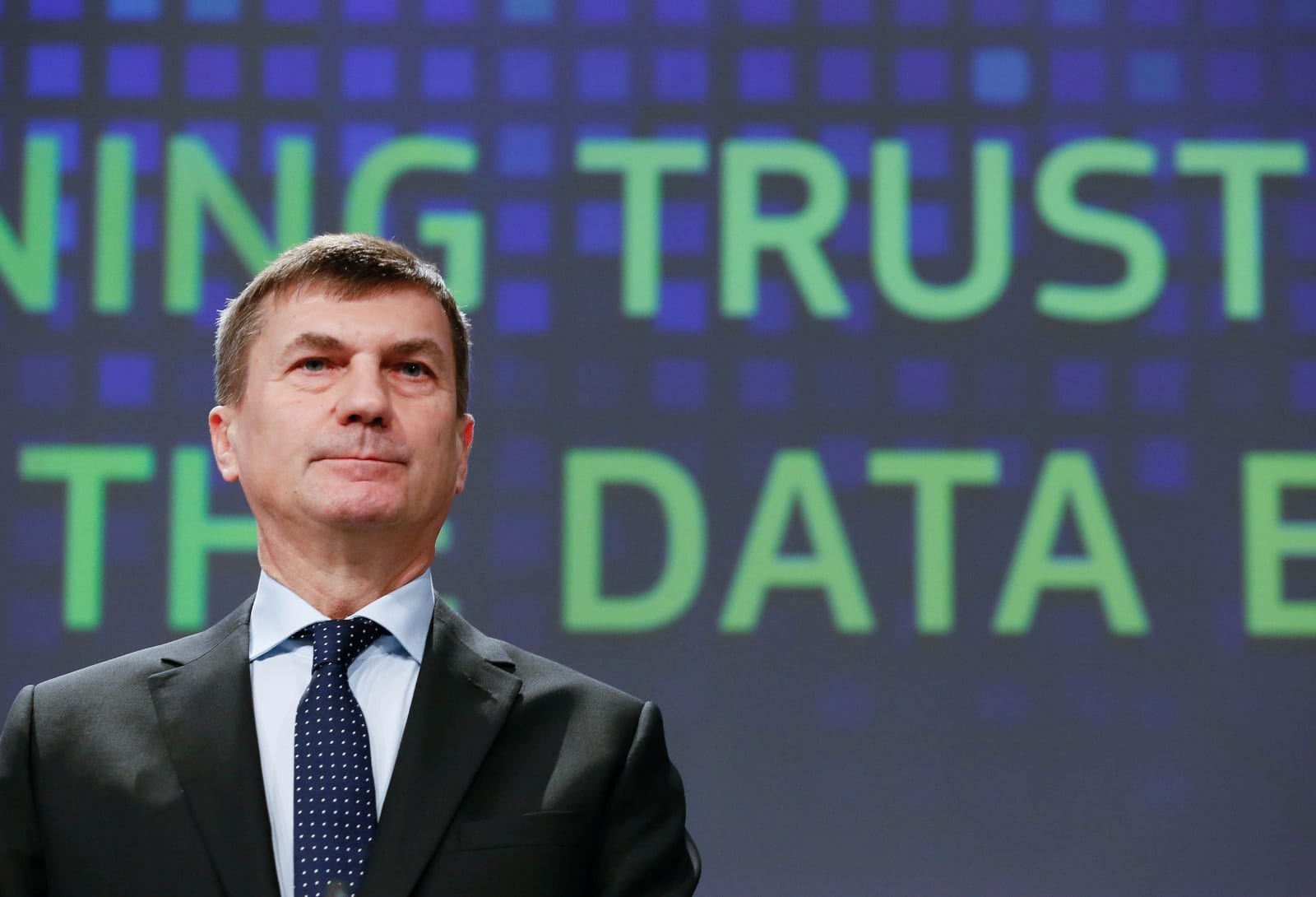 European Parliament elections are set to take place in May, which of course means there are bad actors who will try to use nefarious means to disrupt the process. Facebook is trying to clamp down on interference on its platforms, with measures includ...
European Parliament elections are set to take place in May, which of course means there are bad actors who will try to use nefarious means to disrupt the process. Facebook is trying to clamp down on interference on its platforms, with measures includ...
Facebook expands election integrity efforts ahead of EU vote
 European Parliament elections are set to take place in May, which of course means there are bad actors who will try to use nefarious means to disrupt the process. Facebook is trying to clamp down on interference on its platforms, with measures includ...
European Parliament elections are set to take place in May, which of course means there are bad actors who will try to use nefarious means to disrupt the process. Facebook is trying to clamp down on interference on its platforms, with measures includ...
 The European Parliament has voted to approve new regulations that will place a European content quota on streaming services like Netflix and Amazon Prime Video. Once the new rules are formally approved, 30 percent of video-on-demand platform content...
The European Parliament has voted to approve new regulations that will place a European content quota on streaming services like Netflix and Amazon Prime Video. Once the new rules are formally approved, 30 percent of video-on-demand platform content...
 The tech world has been bracing for a new set of European privacy rules that go into effect: the General Data Protection Regulation, better known as GDPR. Companies will have either changed how they handle their EU users' personal data or face seriou...
The tech world has been bracing for a new set of European privacy rules that go into effect: the General Data Protection Regulation, better known as GDPR. Companies will have either changed how they handle their EU users' personal data or face seriou...
 You won't have to wonder much about what Mark Zuckerberg will say when he meets with the European Parliament later on May 22nd. Business Insider has obtained the Facebook chief's introductory speech, and contrition is clearly the order of the day. Zu...
You won't have to wonder much about what Mark Zuckerberg will say when he meets with the European Parliament later on May 22nd. Business Insider has obtained the Facebook chief's introductory speech, and contrition is clearly the order of the day. Zu...
 The European Union might want it to be easier for police to obtain data, but that doesn't mean it'll be easy for officers to read that data. The European Parliament has proposed amended regulation that would not only require end-to-end encryption wh...
The European Union might want it to be easier for police to obtain data, but that doesn't mean it'll be easy for officers to read that data. The European Parliament has proposed amended regulation that would not only require end-to-end encryption wh...
 Less than a year after passing a strict set of data-protection laws, and the European Commission is already proposing some additions to bring them up to speed with the current reality online. As it stands, web services and communications apps like Fa...
Less than a year after passing a strict set of data-protection laws, and the European Commission is already proposing some additions to bring them up to speed with the current reality online. As it stands, web services and communications apps like Fa...
 The European Parliament today voted in favor of broad new data protection laws that apply to any company operating within the EU, regardless of where they are based. First proposed more than four years ago, they represent a significant modernization...
The European Parliament today voted in favor of broad new data protection laws that apply to any company operating within the EU, regardless of where they are based. First proposed more than four years ago, they represent a significant modernization...
 The European Parliament has voted to grant amnesty to Edward Snowden, the former US government contractor who revealed the depth of the country's surveillance programs back in 2013. By a vote of 285 to 281, the European Parliament is recommending t...
The European Parliament has voted to grant amnesty to Edward Snowden, the former US government contractor who revealed the depth of the country's surveillance programs back in 2013. By a vote of 285 to 281, the European Parliament is recommending t...
 Legislation designed to protect net neutrality and abolish mobile phone roaming fees has been passed today by the European Parliament. These new rules -- hotly debated for two years by EU representatives -- are now finalised and will soon cover the...
Legislation designed to protect net neutrality and abolish mobile phone roaming fees has been passed today by the European Parliament. These new rules -- hotly debated for two years by EU representatives -- are now finalised and will soon cover the...
